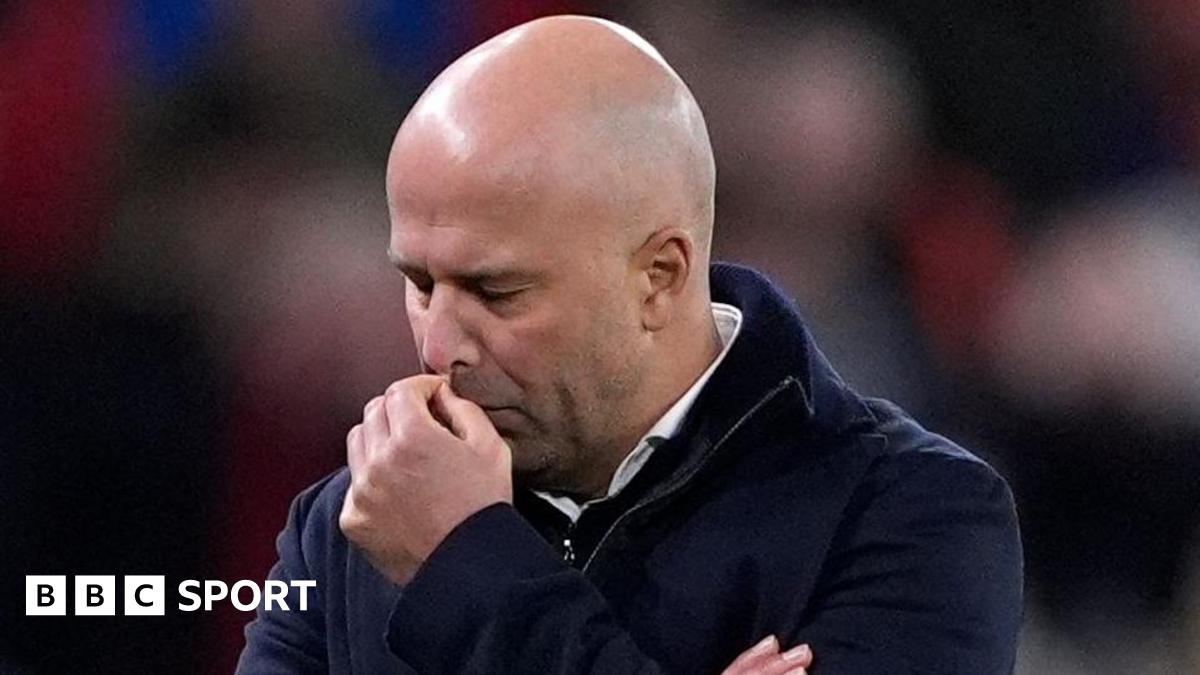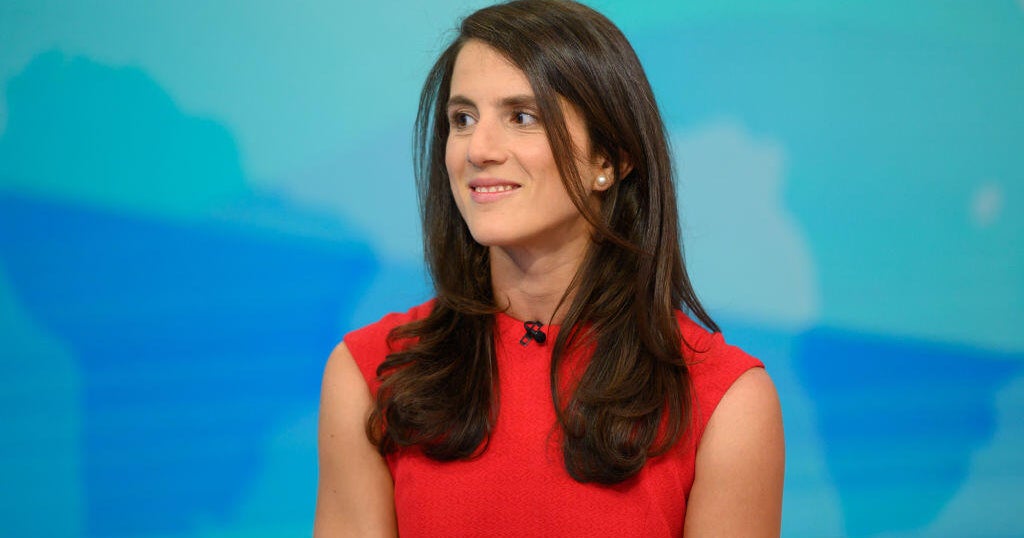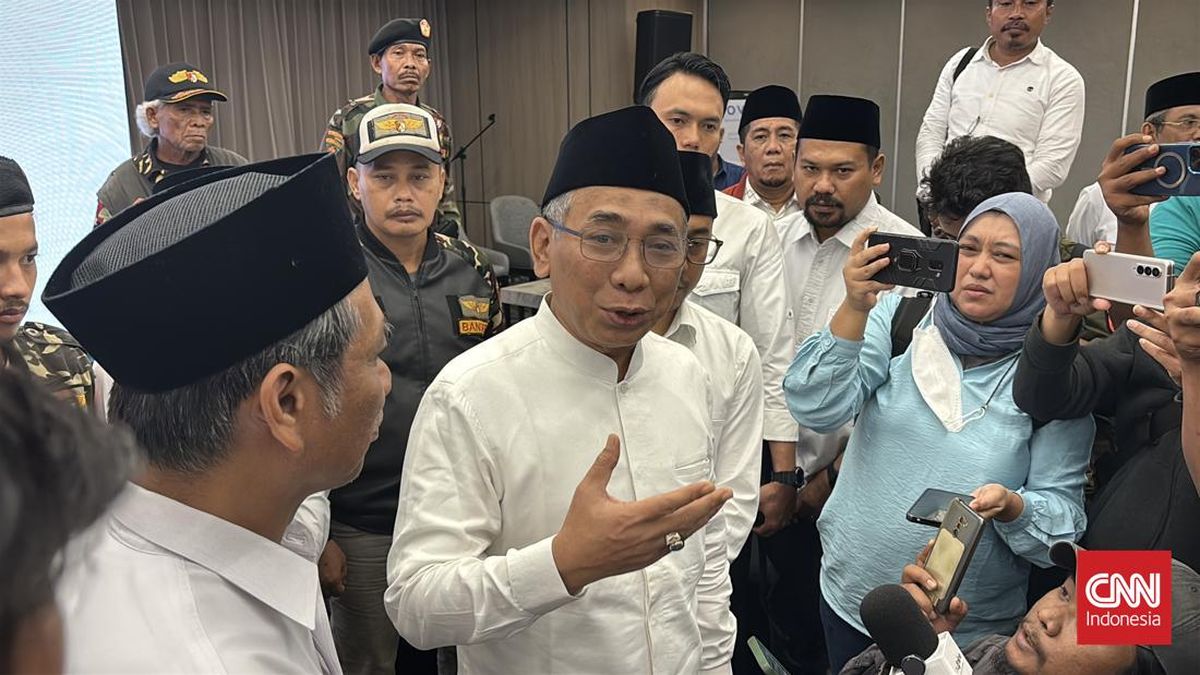Anthony Collin Prasad, better known as ACP, only needs to hear a few seconds of a beat, and he’ll be able to spit endless bars completely off the cuff. He freestyles so well, in fact, that legendary US producer Scott Storch – who has worked with Beyonce, Dr Dre and 50 Cent – offered to collaborate with him earlier this year.
The Ashwood-based artist has only racked up a few thousand streams on Spotify. But that may be about to change.
ACP is one of four artists selected for this year’s GRID series, a six-month development program aimed at boosting emerging talent from outer suburban and regional areas of Australia – areas historically under-resourced and overlooked by the music industry.

The selected artists on this year’s GRID (from left to right): Martha, Jordz, Kiid Koda and ACP.Credit: Simon Schluter
“It feels like a full-circle moment,” ACP says. “I’ll get to learn so much about the industry, and get to work with so many people – award-winners and teams with all these accolades on top of them … I want to see where my name can go.”
Following a successful 2024 program in Geelong, this year’s GRID focuses on South-East Melbourne talent, including ACP and fellow emerging artists Martha, Kiid Koda and Jordz. The four musicians will each be paired with an industry professional who will teach them the business – which ACP says is rife with “gatekeeping” – and support them as they produce singles, film their own documentary narrative and perform live.
The opportunity to be connected with someone embedded in the industry is invaluable for ACP, whose local area of Ashwood lacks the infrastructure – such as studio recording spaces – and open networks to help thrust young, talented people into the big leagues.
“The music industry can be a beautiful wreck sometimes,” he says. “Getting yourself and your music out there, it’s a beautiful cycle. But it can also be delayed by people who don’t want to help others.”
Martha Kulang, who goes by Martha, experienced this first-hand when beginning her music career. The 25-year-old Narre Warren local – who traverses several genres such as Afro R&B, dancehall and rap – says a lack of networks and resources dampen an artist’s confidence.
Loading
“Being in this mentorship will build my confidence in knowing I’m capable of pushing forward,” she says. “At the end of the journey, I hope to be able to walk into any room and know exactly what’s right and wrong.”
Co-founder of the GRID series Ariel Blum says the country’s underground and street music scene is arguably the most exciting it’s ever been. However, many skilled artists are “slept on” because the industry isn’t looking in the right places.
“The mechanism of how that amazing music is reaching people is broken. It has been for some time … It isn’t a lack of interest, it’s a lack of knowledge,” he says. “What we can do in our little way is to shine a light on artists who don’t get that visibility, lifting them into the spotlight and connecting them with world-class mentors and producers.”
This is particularly valuable for Jordyn Griffiths (Jordz), a 24-year-old Narre Warren indie-dance musician who wants to see more neurodiverse people like herself elevated locally.
She’d also like to see more Australian talent remain in the country. “So many Australian artists move overseas and then end up blowing up big time. Think of Dom Dolla, Rufus, The Kid Laroi, Cassian.”
To keep talent here, Griffiths suggests radio stations set a target percentage of emerging or independent Australian artists played, as well as social media initiatives such as funded artist support groups that provide advertising credits.
Kiid Koda (otherwise known as Dakota McAllan), a 25-year-old rapper from Noble Park, agrees, but notes that he feels the local industry is somewhat stuck in its ways.
“Anybody who’s trying to be different, to bring a different sound, or think outside the box and do something that’s not the norm per se, we’re a country that shuns it or calls it cringe – tall poppy syndrome.”
That’s what stops promising artists from taking risks, he says. He, however, did take the risk. After pursuing a professional soccer career in his late teens, he decided to transition to music despite no existing industry connections.
Now that he’s part of the GRID, he feels he can focus on his own music – which combines rap with smoother melodies – and block out surrounding noise or judgement.
“I know if I can do my thing consistently, there’s nothing that can hold me back. You can’t eat if you’re focusing on what’s on everyone else’s plates.”
Find out the next TV, streaming series and movies to add to your must-sees. Get The Watchlist delivered every Thursday.
Most Viewed in Culture
Loading


















































